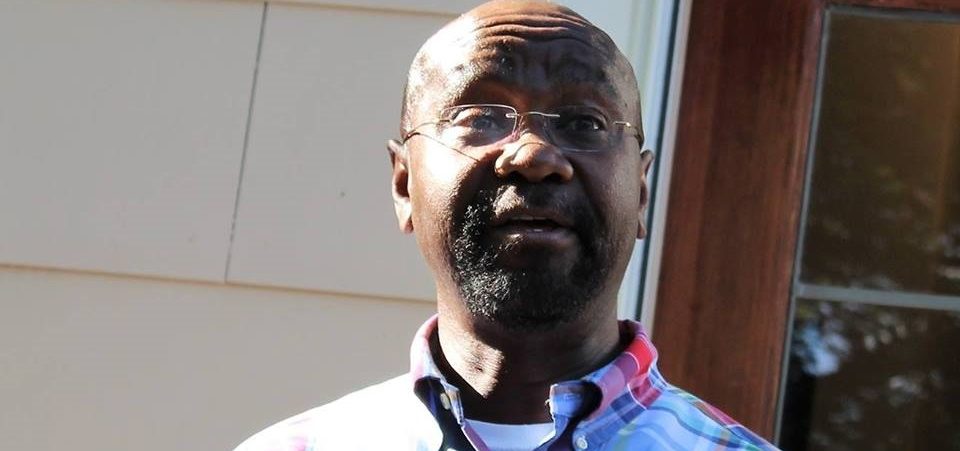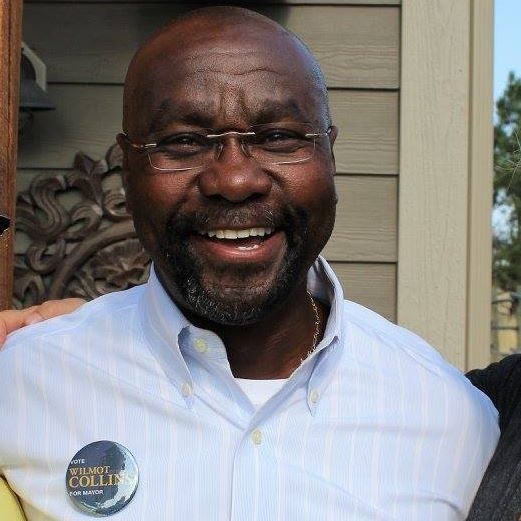On November 7, a Liberian refugee living in a predominantly white part of the United States was elected mayor. Wilmot Collins even beat the incumbent, Jim Smith, to become mayor of Helena, Montana. But is Collins the first refugee mayor of a major U.S. city?
Before answering the question, it’s necessary to consider the context of this historic vote. Interestingly, Kathy Tran, a refugee from Vietnam who arrived to the U.S. as a child, also won an election. She’s the first refugee to be voted into the Virginia House of Delegates.
Many minorities won important municipal posts on November 7. And, those minorities who scored wins were not just of the ethnic kind.
Openly Transgender Roem Has Big Impact in Virginia
Danica Roem campaigned and won as an LGBT candidate to represent Virginians in the state’s House of Delegates. The scope of this victory can be surmised from the fact that Roem beat incumbent Bob Marshall, who had tried to restrict some LGBT civil liberties. (Source: “Election night brings historic wins for minority and LGBT candidates,” CNN, November 8, 2017.)
From the purely political point of view, it’s Roem’s win that could have the biggest impact. This is especially so because of her opponent’s political stances on LGBT issues. The contrast will be deep.
But, from another perspective, Wilmot Smith has generated much attention as well. Collins, who has lived in Montana for the past 23 years, arrived to the United States in 1994. That was when Liberia and its neighbors were involved in some of the most vicious wars that West Africa has ever witnessed. The famous Hollywood movie Blood Diamond, while not specifically about Liberia, gives an indication of what that period was like.
Liberia is a country in West Africa that has experienced more than its share of violent turmoil. The National Colonization Society of America founded Liberia in 1822, settling freed Black slaves, hence the name Liberia, from the Latin word for freedom. In 1847, it became the first independent country in Africa.
As for Wilmot Collins, he’s not the first black mayor of Helena; according to the Montana Historical Society, he is the second. The first black mayor of that city was Edward W. Johnson, a barber who was elected in 1874. (Source: “Liberian refugee elected mayor of Montana capital,” The Hill, November 8, 2017.)
The Pilgrims Were Refugees, Sort of
If you consider the Pilgrims to be refugees from England (much of their motivation for moving across the ocean was religious persecution after all), you can suggest that they were the first refugee politicians in America. But there was no “United States” in 1620. the United States of America wasn’t declared an independent country until 1776. George Washington became the first U.S. president in 1789, and his ancestors were not refugees.
Perhaps Wilmot Collins Really Is the First Refugee Mayor in the U.S.
As for Wilmot Collins, he may truly be the first refugee mayor, not only in Montana, but in the whole United States. There may be those who can challenge this assertion, however. The difference between “refugee” and “immigrant” is clearer now than it was in the past. Indeed, many immigrants who came to America in the 19th and early 20th centuries could make the case that they too were escaping horrible situations in their home countries.
For example, from 1845–1850, almost two million Irish left their homeland, due to the terrible Irish Famine that had killed off a million people. Most of those migrants went to the United States. Given the numbers, it’s possible that some of them could have been elected into office. But do we know if they were mayors or, perhaps, representatives to state legislatures? That’s less clear.
If there’s one mayor who could challenge Collins for the title of first refugee mayor in the U.S. it might be Tomás Pedro Regalado. He was born in Havana, Cuba in 1962. That means he would have been 12 at the time of the Cuban Revolution. Regalado was elected mayor of Miami, Florida in 2009 and continues to serve in that role.
Although in less dramatic circumstances than those in Liberia, Mayor Regalado could claim to be a refugee because he left Cuba around the same time as the Cuban Missile Crisis and the Bay of Pigs debacle. Cuba and the United States had tense political relations already, and Regalado, as a member of a prominent family in pre-Fidel Castro Cuba, would have been part of a targeted elite.
Similarly, Harry LaRosiliere, who became the 39th mayor of Plano, Texas in May 2013, was born in Haiti, one of the countries from which many refugees have come to the United States.
The difference is that Collins formally arrived in the U.S. as a refugee, and has described himself as such. Regalado and LaRosiliere have not openly discussed whether they consider themselves to be refugees. We can only induce that they could make the case if they wanted. Therefore, pending a more thorough investigation, it would not be unfair for Wilmot Collins to declare himself to be the first-ever refugee mayor in the United States.







